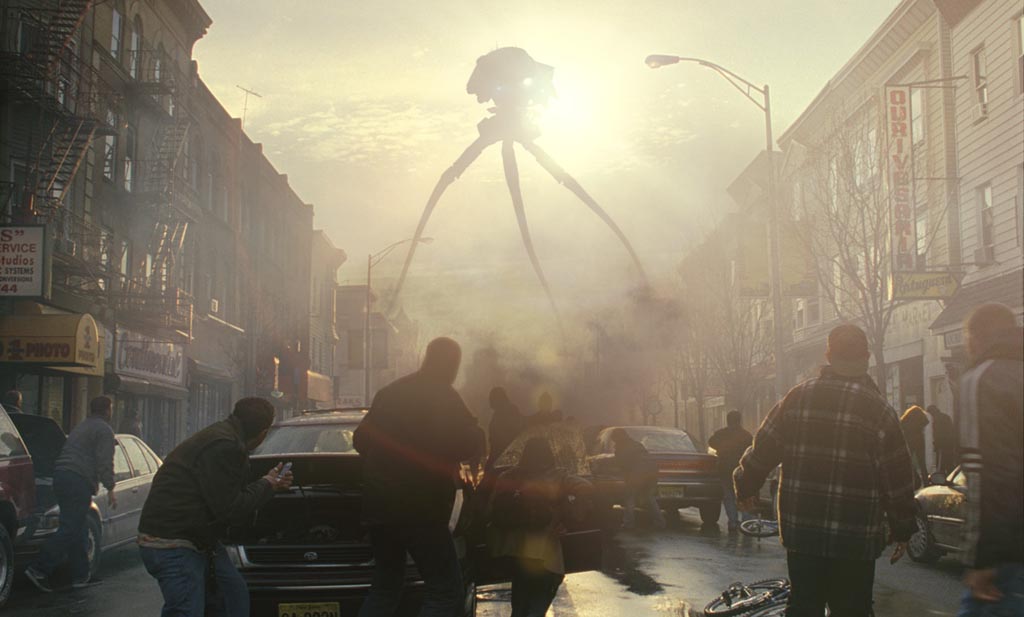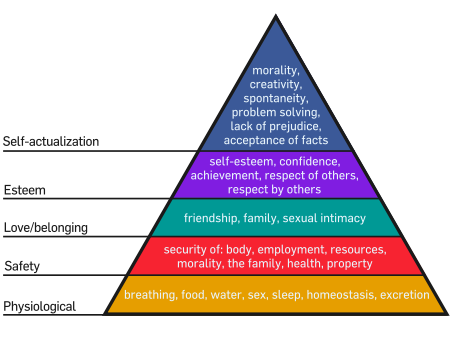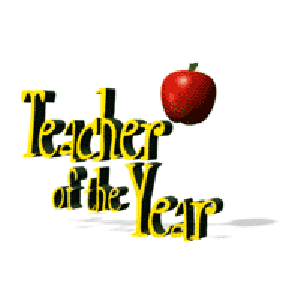
In a previous post I used Frye’s idea of literary scholarship as proceeding from an “inductive survey” of the subject to argue that, in the field of Victorian studies, we should still be teaching such classics as Vanity Fair or Bleak House. I was using Frye’s criticism to defend a particular canon of Victorian literature, a goal that might be seen as conservative in nature. Here I want to argue something rather different, and apparently contradictory (in the spirit of the “both/and” logic recommended previously on this blog), namely to show how using Frye to think about my Introduction to Literature course encouraged me to incorporate a contemporary popular movie, namely Steven Spielberg’s War of the Worlds, an action that superficially might seem to locate me in the cultural studies camp. By writing in some detail about how I teach a specific course, I hope to continue, if obliquely, the theoretical discussion of the last week or two.
On the one hand, just as the literary scholar needs to make an inductive survey, so, in some reduced way, ought the student. On the other hand, if all of literature has certain fundamental structural properties, then in a sense it doesn’t really matter what texts you study, or where you start. And so in a first-year course I don’t really worry about how much we cover. I always begin with Oedipus the King, for reasons which by now probably have more to do with superstition than anything else – rather like always wearing the same shirt for a 10K road race. And I do proceed in a largely chronological order. But after that it is a matter of choosing some texts that I hope at least most of the students will be engaged by, and that I can use to illustrate the way that literature can be analyzed in terms of structure and texture, or in Frye’s words, myth and metaphor.
The course outline for my most recent Introduction to Literature course tried to articulate the goals of the course to the students as follows: “We will study literary works of a variety of different kinds (plays, lyric poems, short stories, a novel, and a film) and from a variety of periods, from ancient Greece to contemporary North America, by artists from Sophocles to Steven Spielberg, from about 429 BCE to 2005. The course is designed to develop the ability to read and think critically, and it will emphasize (i) the structural principles which literary works have in common; (ii) the need for close reading of literary texts in order to identify the distinctive features of any given text.” My “theoretical approach” adopts Aristotle’s generic categories (as does the Norton Introduction to Literature) and draws heavily on Frye along with an eclectic range of other critics and theorists. It didn’t take many years of teaching to discover that Frye was a very reliable guide when trying to work out how to teach the basic principles of literary study. Some of the other theorists I was enamoured of in graduate school were less helpful; I remember a friend who was teaching her first course as a TA in the late 1980s saying to me, “I set out to deconstruct the students’ liberal humanist notions about literature, and then I discovered that they didn’t have any.”


